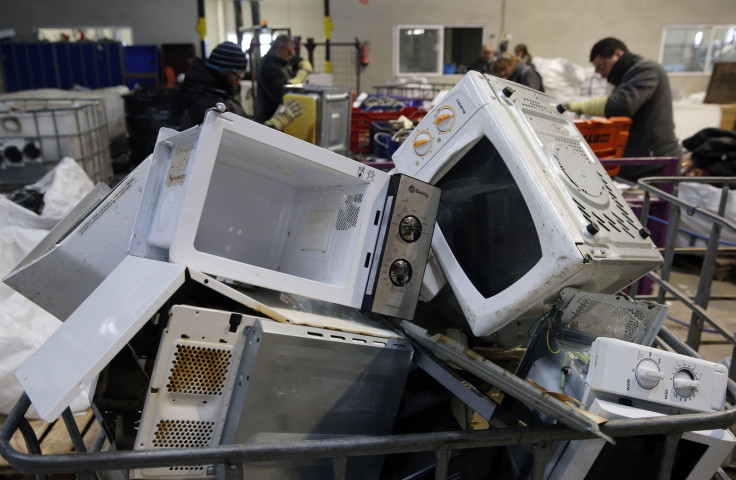Microwaves pollute more than cars - even on standby
Consider this the next time you put your ready meal in their instead of the oven.

How do you use your microwave? Do you know the use for all settings and follow food indications to the T, or do you just cook everything for the same amount of time regardless and pray nothing burns? Do you leave everything an extra minute to make sure it's all piping hot? You might want to reconsider.
A new study by the University of Manchester looks at how microwave usage affects the environment. The results are staggering.
Microwaves alone are responsible for 7.7m tonnes of co2 emissions per year in the EU. It would take 6.8 million cars to reach that number. The amount of electricity they consume is also very bad for the environment. They consume about 9.4 terawatts per hour, the equivalent of three large gas power plants.
These numbers are equally shocking when you break them down to what one microwave consumes on its own. With a lifetime of 8 years, one microwave consumes about 573 kilowatt hours of electricity. That's the same amount a 7 watt LED light bulb would consume if it were on non-stop for 9 years.
And microwaves achieve these high numbers when they are mostly on stand-by mode.
It's particularly alarming, considering microwaves are considered by many as a kitchen essential.
"Given that microwaves account for the largest percentage of sales of all type of ovens in the EU, it is increasingly important to start addressing their impact on resources use and end-of-life waste," says Gallego-Schmid from the school of Chemical Engineering & Analytical Science in Manchester.
Reducing their usage is one of the solutions offered by the research team led by Dr Gallego-Schmid. If we'd just adjust the time setting on the microwave to exactly what it should be, it would make a major difference.
However, there are plenty of factors to be considered when we think of microwaves. First, the manufacturing process alone is responsible for 20% of climate change and destruction of our natural resources.
What. A. Waste
And then, there's the waste. Because they cost little to make and don't cost a lot, people are throwing away more microwaves than ever before.
"Consumers now tend to buy new appliances before the existing ones reach the end of their useful life as electronic goods have become fashionable and 'status' items," says Gallego-Schmid.
"As a result, discarded electrical equipment, such as microwaves, are one of the fastest growing waste streams worldwide."
But consumers are not solely to blame for the numbers of microwaves going to waste. Like many other electrical devices – such as washing machines, dishwashers and even smartphones – they are not built to last. Microwaves now tend to last 7 years shorter than they did 20 years ago.
In lieu of stronger regulations on microwaves, the best one can do is to keep their microwave use in check and follow cooking time instruction to the letter.
Think of that the next time you're making popcorn.







